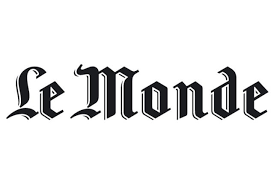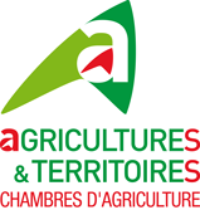Document type: Guest article published in Le Monde (subscriber edition)
Authors: Group authorship, leading signatories are : Typhanie Degois, Marie-Bénédicte Desvallon, Loïc Dombreval, Albin Gräns, Arnaud Lelaidier, Catalina Lopez Salazar, Luc Mounier, Caroline Roose, Louis Schweitzer, Lynne Sneddon
Preview: Guest article. Organised by the Fondation Droit Animal, Ethique et Sciences, 85 French and European elected representatives and academics have signed an article published in "Le Monde", asking the fishing industry to bring in new measures that would provide aquatic animals with the same welfare standards as other animals.
Far more animals are killed on fishing boats than in land-based abattoirs. Between 790 and 2.3 trillion fish are killed on fishing boats worldwide each year, of which between 695 million and 2.3 billion are slaughtered by the French fishing industry.
According to the French National Research Institute for Agriculture, Food and the Environment (INRAE) and the European Food Safety Authority (EFSA), fish are capable of suffering, being able to feel pain, stress and even fear. Industrial fishing involves many sources of suffering. The fish suffer injuries from hooks or nets. Once netted, they can experience exhaustion caused by hours spent struggling. As they are drawn up, they can suffer shock from the rapid change in temperature and pressure, severly damaging their internal organs, and they are crushed on top of each other. Once on board the vessel, they are exposed to the air and can sometimes be handled brutally, injured by tools such as the gaff - a stick with a hook that is thrust into the flesh. They usually die as a result of very long process of asphyxiation, or they bleed out or are eviscerated alive without having been stunned.
Slaughter regulations
For several decades now, our society has been trying to minimise the suffering of land animals when they are killed. Land-based abattoirs are therefore subject to regulation and monitored in principle by state veterinary services. The regulations make provision for the prior stunning of animals (with the exception of ritual slaughter) using specified methods and they provide a framework for the training of abattoir operators, also taking into account transport conditions and the delivery and handling of animals. In addition, scientific researchers, funded by both the State and the private sector, are active in working to improve slaughter methods for land animals with a view to minimising animal suffering.
For aquatic animals, the fishing industry is not currently subject to this regulation, but has itself taken measures to move forward by creating a platform for exchanges between researchers and professionals to identify and disseminate good slaughtering practices [end of section available to non-subscribers].






